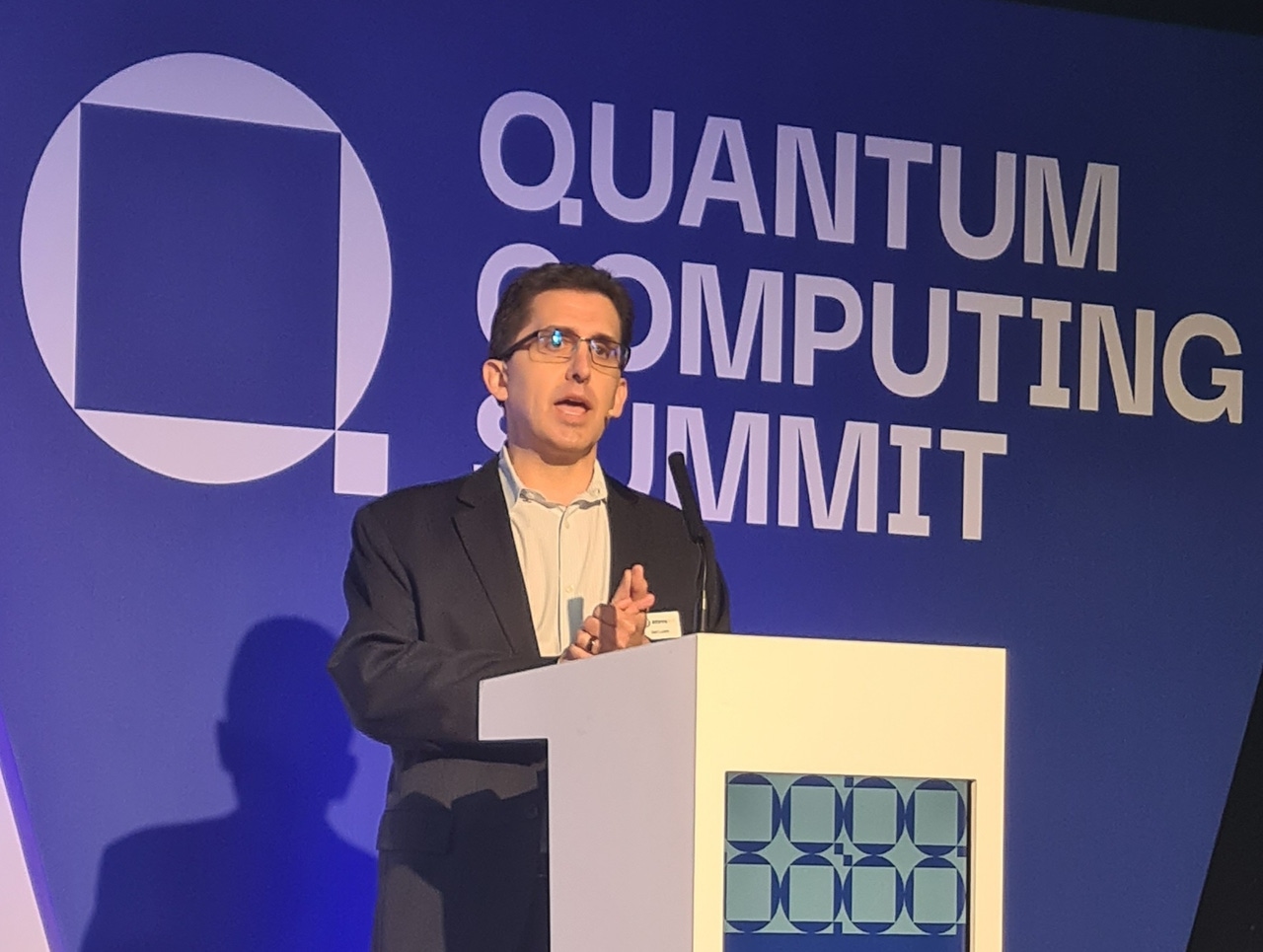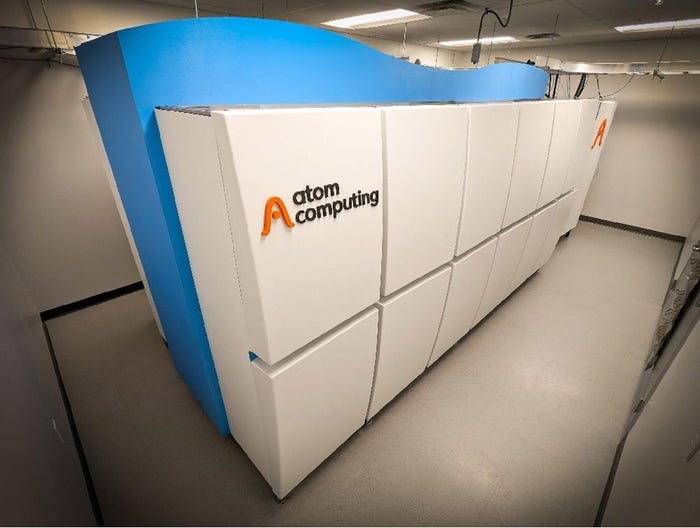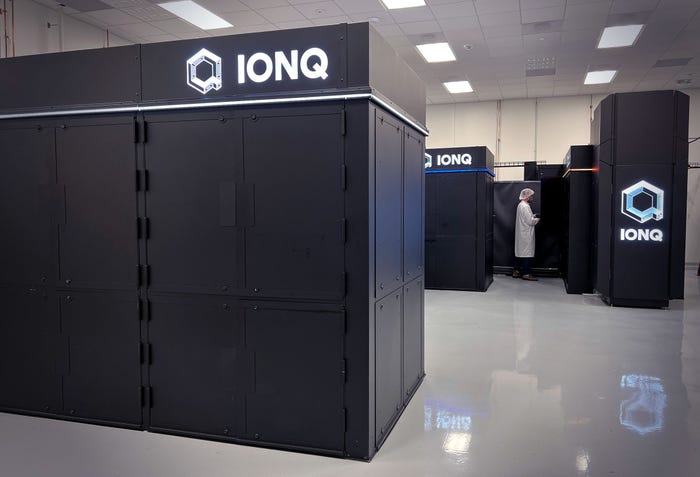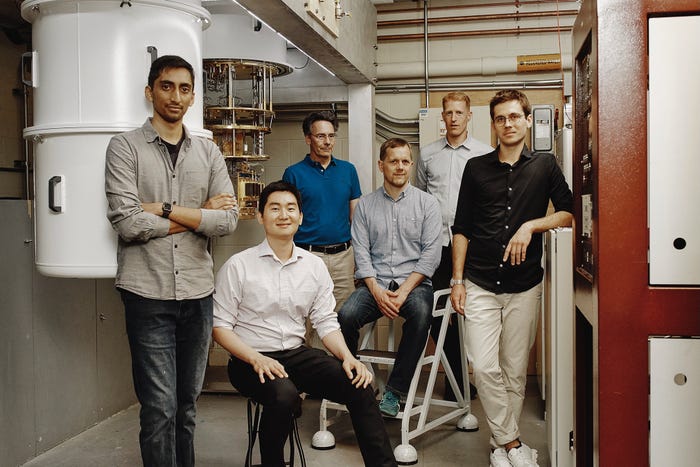
Connects decision-makers and solutions creators to what's next in quantum computing
Quantum Advantage Coming by 2027: Omdia
The shift from niche technology to mainstream sensation could be as sudden as generative AI

Examples of “quantum commercial advantage”—an improvement in speed, cost, efficiency or quality over the typical classical computing commercial alternative for a problem of commercial interest—will become common by 2027, according to a new study.
The report from Omdia also states that there is a high probability that the quantum computer industry will successfully produce fault-tolerant scaled quantum computers of more than 1,000 logical qubits with robust quantum error correction.
Quantum Computing Forecast 2023 suggests that these examples will draw significant new interest, investment, and activity to the quantum market, meaning the likelihood of a “quantum winter” – when investors and technology companies shy away from investment – is minimal.
By 2027, Omdia anticipates that examples of “quantum commercial advantage”—an improvement in speed, cost, efficiency or quality over the typical classical computing commercial alternative for a problem of commercial interest—will become common. These examples will draw significant new interest, investment and activity to the quantum computing market.
Nevertheless, Omdia says that fault-tolerant scaled quantum computers will not arrive before 2030 at the earliest, and they could take 10 to 15 years to achieve.
“If fault-tolerant scaled quantum computers are possible, we also expect that new quantum algorithms for combinatorial optimization and new approaches for quantum machine learning will be found to enable exponential speedups in these areas alongside exponential speedups for the physical simulation of quantum mechanical systems,” said report author and Omdia chief quantum computing analyst Sam Lucero.
Recommendations For Adopters
The report also contains several recommendations for enterprises considering adopting quantum computing.
Get started now: Quantum computing’s shift from a niche technology to a mainstream sensation could be just as sudden as the recent activity with generative artificial intelligence and large language models. Organizations should start now with learning and experimenting with quantum computing to be ready when the shift happens.
Co-develop hardware: Enterprises with sufficient resources should consider working with a quantum computer hardware vendor to co-develop a solution that is configured to precisely match their quantum algorithm and application needs. This may be a near-term way to push ahead of competitors that are experimenting with general-purpose quantum computers.
Create an algorithm: There is still a shortage of quantum algorithms and quantum machine learning approaches that enable an exponential speedup. Enterprises should consider investing in developing such an algorithm for their application as a way of developing defensible intellectual property rights.
Access government funding: Many governments regard quantum technology as a national and economic security priority. Significant funding and other aid may be available to businesses adopting it.
Leverage hyperscalers: Many large cloud service providers are helping the ecosystem by supplying access to multiple third-party quantum computing hardware, which enables easier experimentation by adopters.
About the Author
You May Also Like
.png?width=100&auto=webp&quality=80&disable=upscale)
.png?width=400&auto=webp&quality=80&disable=upscale)




